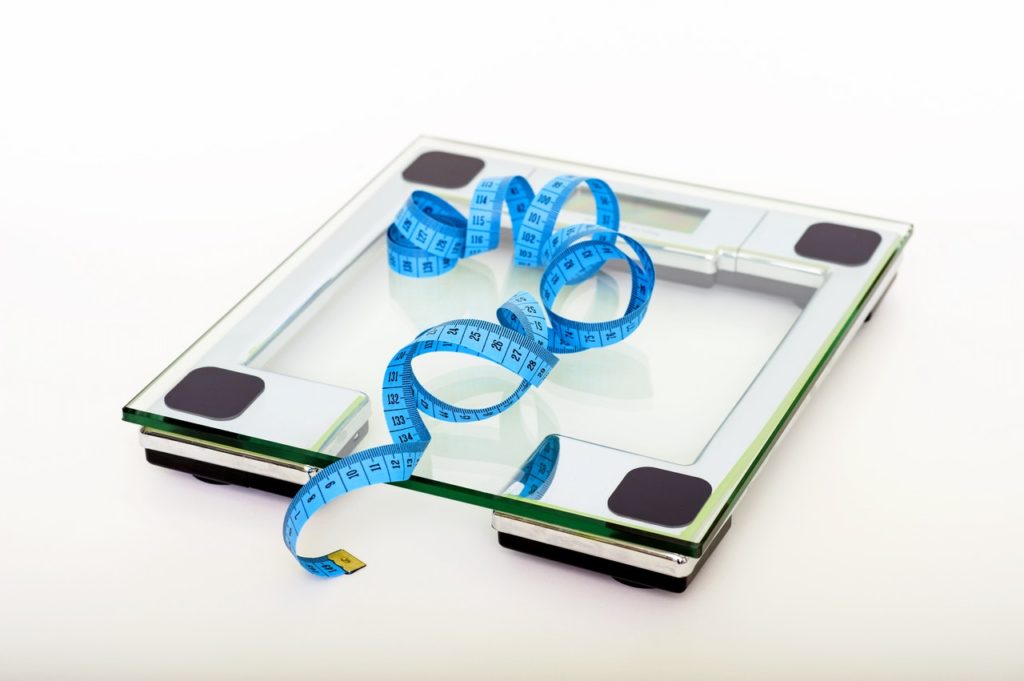There are so many benefits to maintaining a healthy body weight. More than optics and aesthetics, a healthy body weight allows us to live longer, curb diseases like diabetes, certain cancers, heart disease, and give us more energy to live our lives. However, there have been a lot of myths, misinformation, and negative images in the media about women and weight loss, making a lot of women feel less than and even more insecure about themselves when there have been no reasons to. Here are some facts that might help motivate every woman on a health and weight loss journey.
Men lose weight faster than women.
This statement may be true, but there are a lot more nuances to it:
- It’s true that men lose weight faster, but only in the beginning. This is because men tend to have more muscle tissue that’s lean, which even during rest burns more calories than body fat. When women and men cut the same amount of calories, men lose more weight than women, but only in the short-term. It’s the same when largely sedentary women and men both start an exercise or fitness program. Men tend to lose weight more, while women don’t.
- Another reason is that women’s biological make-up has evolved to facilitate pregnancy. From puberty to menopause, females generally maintain more body fat than males, even when they take much fewer calories.
So if you’re on a weight loss journey with a male partner or a friend and find that he’s losing more weight than you even when you’re doing the same things in the same time frame, don’t lose heart. His biological make-up has given him this privilege. Don’t think you’re failing, and don’t compare yourself to him. It’s not about who gets there first; it’s about going in the same direction.
Fat doesn’t mean unhealthy.
We females may have more fat stores, but it doesn’t automatically mean women are inherently unhealthy. It’s part of our physiology, but it’s not extra weight. Women have 6-11% more body fat than men, but it doesn’t mean that they’re “fatter.” It just means perfectly fit women can hold more body fat percentage than perfectly fit men.
Even losing a bit of weight can go a long way.
So many people get frustrated with weight loss right away because they feel like they don’t reach their goals fast enough. If you’re trying to lose weight for your health and you’ve only been losing a few pounds instead of your goal, or you’re not meeting your self-imposed deadlines, do not despair: Experts say that even losing a fraction of what you’re hoping for can go a long way in preventing disease and can provide you with a lot of health benefits. More than about shedding the extra pounds, it’s about being healthy; and even the most modest weight loss.
A proper diet is still the healthiest way to go.
Some fad diets may provide faster results, but they may not be sustainable and healthy in the long term. You already know about eating lots of fruits and vegetables, choosing whole grain and protein-rich meals, drinking plenty of water, and limiting your intake of processed foods, but here are a few tips and tricks you may not have heard about yet:
- Replace unhealthy options with healthy ones. Soda may be refreshing and may taste good, but it won’t do your body any favors. An electrolyte supplement drink can help amplify your ketosis, help your body adapt to a low-carb, high-fat diet, and rely more on stored fat. It can also boost your body’s ability to burn the extra fat.
- Try re-arranging your plate. Don’t think of your protein as the main event every time; try placing your favorite flavorful vegetables front and center and dousing them with your favorite salad dressing. By taking in more vegetables instead of meats, you will be consuming more nutrients and vitamins and much fewer calories.
- Try to avoid the snacks and sweets aisle in the grocery. While these sugary snacks may be a good reward from time to time and would be okay in moderation, they shouldn’t be your go-to snacks for every day. If you find yourself slipping, display your grocery receipt on the refrigerator as a visual reminder to avoid them next time.

One of the most crucial aspects of our health and weight loss journey is consulting with our primary healthcare provider. Talk to your doctor about your overall health; ask them about what your risks might be. The best way to go about our health is always with a medical expert’s help.

